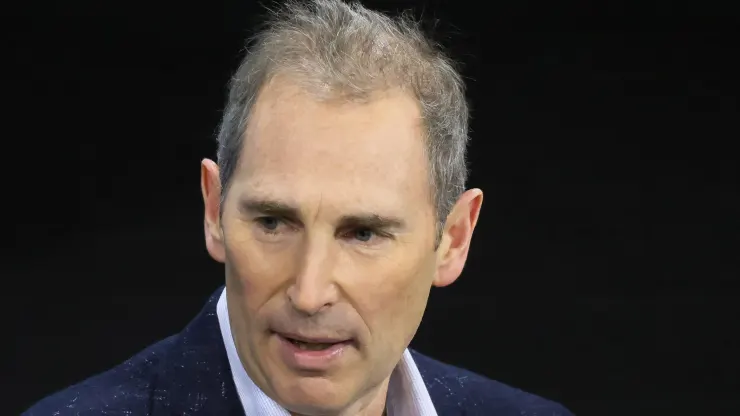FTC and 17 states sue Amazon on antitrust charges

According to Khan, Amazon is a monopolist that exploits its monopolies to charge shoppers and sellers more for worse service. When monopolies raise prices and degrade service in a competitive world, rivals and potential rivals are able to come in, attract business, grow, and compete, but Amazon’s illegal monopolistic strategy has shut that door, and the public is paying the price.”
According to Amazon’s general counsel and senior vice president of global public policy, David Zapolsky, the FTC’s complaint is “wrong on the facts and the law.”
“The practices the FTC is challenging have spurred competition and innovation across the retail industry, which has resulted in a greater selection for Amazon customers, lower prices, and faster delivery speeds, as well as greater opportunities for the many businesses that sell in Amazon’s store,” said Zapolsky. “If the FTC gets its way, consumers will have fewer choices, prices will increase, deliveries will be slower, and small businesses will have fewer options. This is the opposite of what antitrust law is intended to achieve.”
Amazon’s advertising and fulfillment services are optional for sellers, and Fulfillment by Amazon is marketed at competitive prices, according to Zapolsky in a separate blog post.
As part of its announcement, the FTC did not mention possible remedies such as a breakup or divestiture, saying its primary objective is to hold Amazon accountable. To resolve the harm, the FTC and states asked the court to order “structural relief” to prevent Amazon from continuing the alleged unlawful behavior. Rather than merely ordering a business to discontinue a particular behavior, structural relief refers to remedies like breakups and divestments.
